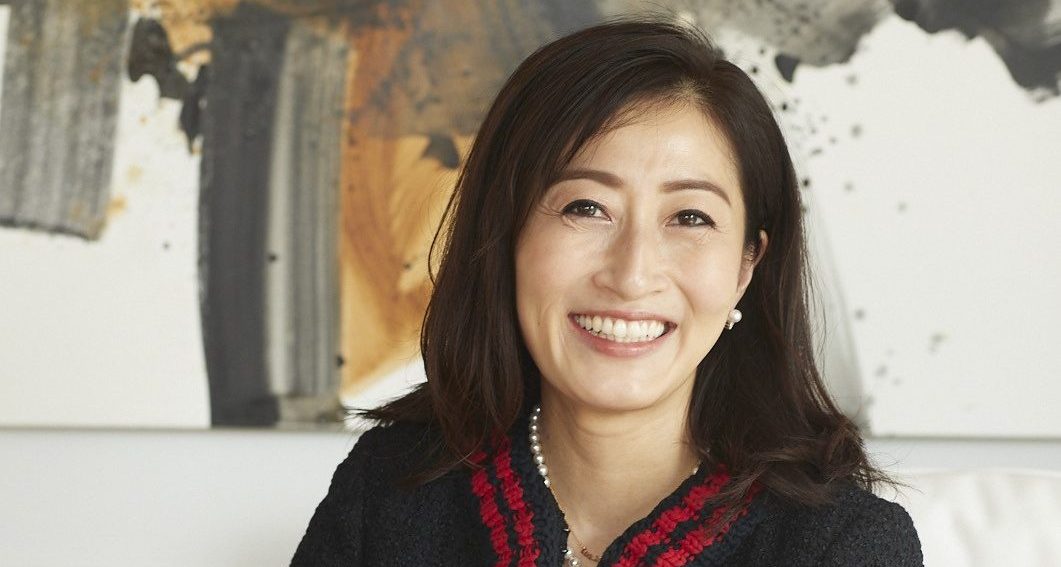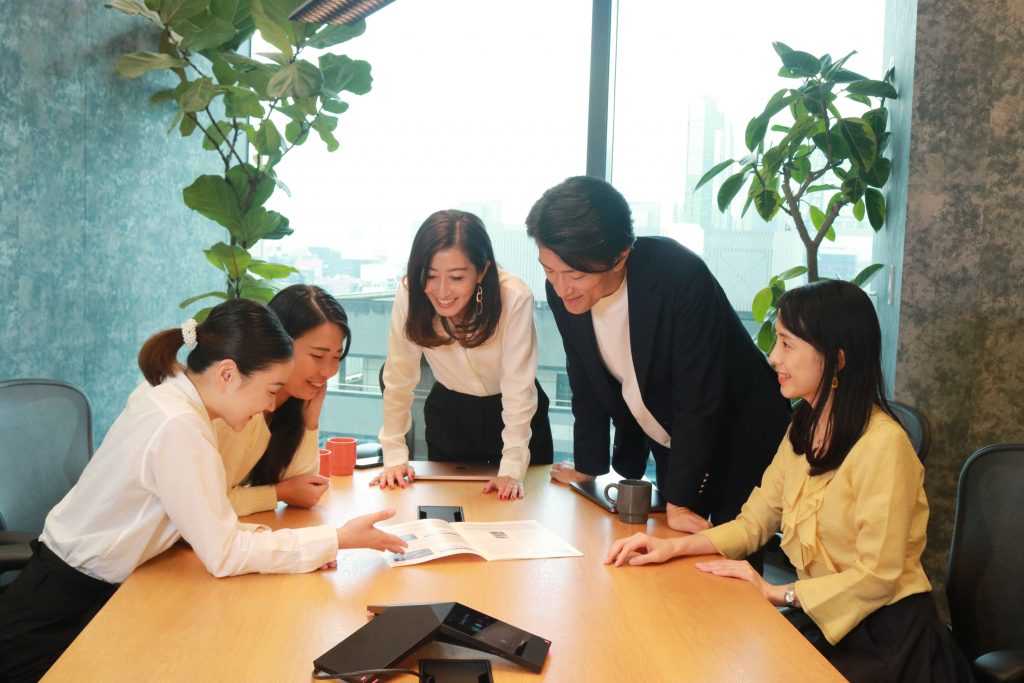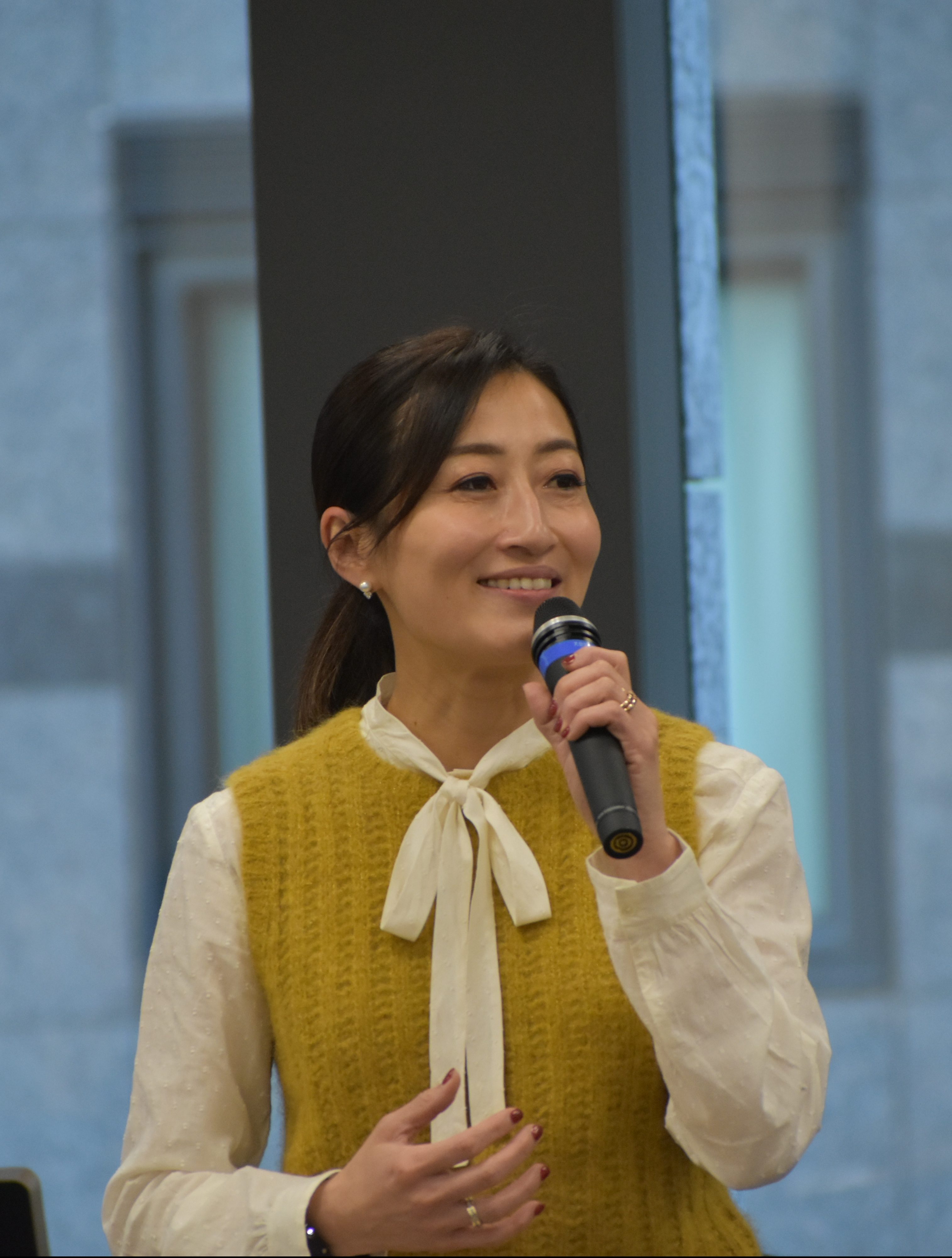Entrepreneur of the Week: Mariko Magnan (H.03) Puts Well-being to Work

Entrusting the task of finding a nanny to a service provider paid for by your company? That’s Mariko Magnan’s vision for a better work-life balance. With TPO, she introduced a corporate concierge service tailored to Japanese employees in a country where workers, particularly women, struggle to find time to manage it all.
Mariko Magnan connects with HEC Stories for an interview after an impromptu jog. Her complexion is fresh and rosy. “I had a little free time, so I went for a run.” Every entrepreneur’s panacea? In her case, leading a company is a “childhood dream to make the world a better place.” After completing the HEC Grande École program and graduating in 2003, this 43-year-old Japanese boss spent thirteen years working in finance. Société Générale, Goldman Sachs… Based in Tokyo, she held positions of high responsibility in international banks. Her last job, which involved creating a subsidiary for the Guggenheim Partners group in the Japanese capital, solidified her entrepreneurial spirit.
She drew the inspiration for her future business from her daily life. “One day, I decided that I couldn’t stay in finance full-time while raising two children.” Indeed, the young mother worked from 7 a.m. to 8 p.m. with frequent business trips. An unsustainable pace that led her to envision a more viable future. “I started working on my business plan in parallel.”

A Double Burden for Women
According to a report by the renowned economist and Womenomics theorist Kathy Matsui, the employment rate of women in Japan is steadily increasing. However, “they continue to handle the majority of household chores,” Mariko points out. “I wanted to change that so that women and men could work equally and both thrive professionally.”
Restoring a form o gender equality and challenging societal expectations for women in the Japanese labor market was undoubtedly one of Mariko’s driving forces. “My work experience in Japan was a defining factor. Not only are you evaluated based on the quality of your work but you are also judged on your role as a woman. This puts us in a disadvantageous position,” she explains. Her choice to study in France and work for “non-Japanese” companies was no coincidence. “It was a way for me to escape the Japanese work environment.”
Managing Personal Affairs
In 2016, Mariko Magnan founded TPO, an acronym used in Japanese for Time, Place, Occasion. After two years of refining the project, she officially launched this concierge service paid for by the employer, allowing employees to more easily manage their personal lives. Workers can delegate tasks to TPO, such as finding a babysitter for their children or a place in a nursing home for an elderly parent. Around thirty specialists in childcare, healthcare, education, and mental health offer advice and take charge of organizing and planning these family and personal matters.

A dystopia? Rather, it’s a necessity for an aging population in a country with declining birth rates, partly due to the workload shouldered by women. “Many people are taking care of both their young children and their aging parents,” Mariko emphasizes. The two main concerns of Japanese companies today are the labor shortage and the urgent need to retain talent and increase productivity in the workplace.

Without taking action, companies “will lose talents”
While the concept is gaining momentum, Japanese companies haven’t always been so receptive. The concept of well-being in the workplace, a very Western idea, is “beginning to take hold.” When Mariko Magnan began pitching her solution seven years ago, the term “well-being” was imported from the English language. “When I approached companies talking about improving employee happiness, HR departments wouldn’t want to hear about it. Today, companies start to realize that if they don’t take action, they will lose talents.” Since then, the expression “well-being” has become commonplace in Japan.
Diversity in hiring to promote innovation, supporting startups, creating ecosystems… All of this is happening in Japan now.
With TPO, companies can choose between online or on-site services, with concierge staff present in offices. Mariko has also secured partnerships with real estate developers to ensure a strategic presence in certain buildings. Among her clients are Mitsubishi and NTT Data. “Users are pleasantly surprised to be able to get help. Being able to talk to someone with an outside perspective is an eye-opener for them,” Mariko adds.

53,000 Requests Related to Personal Life
Mariko Magnan has expanded her offerings and now develops an international network for Japanese travelers and a bilingual service for foreigners working in Japan. Her services also extend to membership clubs seeking a VIP concierge service. Beyond the social dimension of her business, TPO is one of the few startups launched by women in Japan. “Diversity in hiring to promote innovation, supporting startups, creating ecosystems… all of this is happening in Japan now,” Mariko says.
In seven years, TPO has handled 53,000 requests related to personal life for approximately 10,000 employees in Japan. The founder assures that these requests remain confidential. This year, Mariko Magnan was honored with an HEC Mercure award, which celebrates the best entrepreneurs from HEC. The future for TPO? Accelerating its development by offering more online services to reach a broader range of businesses.
Published by Estel Plagué

